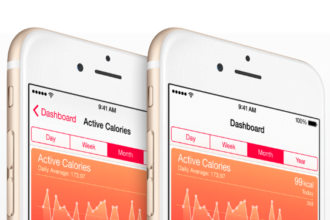
Frank Quinn, Marketing Executive at CureMD discusses EHR and changing healthcare dimensions regarding the increasing adoption rates of EHRs

Frank Quinn, Marketing Executive at CureMD discusses EHR and changing healthcare dimensions regarding the increasing adoption rates of EHRs
Recently, I just realized that the use of Electronic Health Records (EHR) is increasing faster than ever imagined. Of course, one would think that it would take plenty of time for physicians to shift from the conventional techniques and adapt to the new concept of documentation. Nevertheless, the progress is speeding up. With the help of specialist EHR training and implementation teams, EHRs are taking over the banal methods of managing practice operations.
According to a recent study, EHRs are consistently helping healthcare institutions and physicians to revolutionize the world of healthcare. Having comprehended the reliability, accessibility, accuracy and efficiency of digital documentation, the surge among providers in replacing paperwork with computers could not be ignored. With the help of innovative point and click technology, while storing patient information physicians simply need to make a few clicks and the rest is done by the EHR itself. This means physicians are ultimately spending fewer hours on documenting patient encounters and paying more attention to patients’ diagnosis.
“Given the progress in health information technology, if someone tells me that in a couple of years robotic nurses will assist physicians; I might buy that as well”, says a Healthcare IT consultant.
On top of that, imagine the ease it brings when the entire patient database and medical information can be exchanged over multiple locations using an internet connection. The integrated interaction checks along with extensive care management and health management alerts which has enabled physicians to meet the requirements of providing quality care. Today, with all-in-one EHR packages even the back office operations can be simplified within seconds. The provider or the practice manager can readily take care of the tedious medical billing tasks for the services rendered, using a singular platform.
With the government stepping up the support for EHR adoption by providing financial incentives to eligible professionals, considering EHRs as an investment would not be an understatement; an opportunity to earn thousands of dollars by simply ensuring compliance with a few set of standards, while also reducing costs and managing practice workflows
Given the advantages that EHRs have brought to healthcare industry, and the continuous help in maintaining care quality standards, no doubt, the proponents of Health IT have abundant reasons to support such innovative technology.







